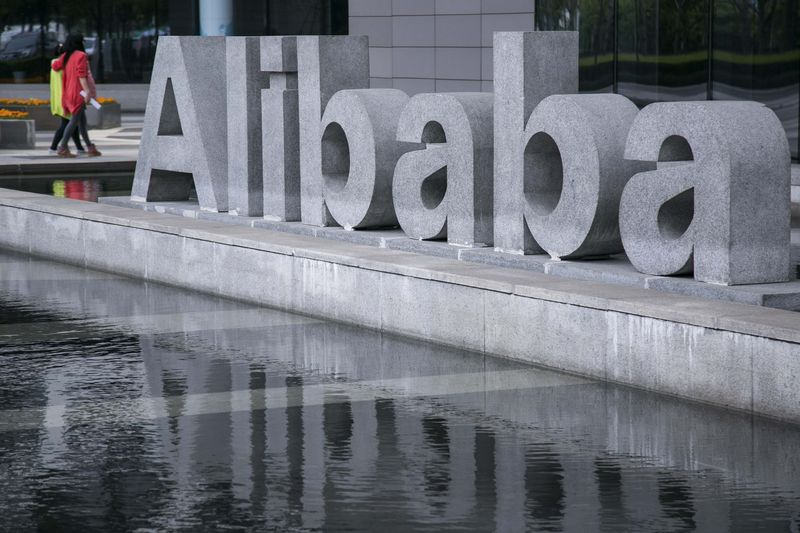Quiver Quantitative - Emerging-market equities, despite recent setbacks from major Chinese tech stocks, are on the cusp of sealing their best month since January, bolstered by investor sentiment that the Federal Reserve may halt interest rate hikes. The MSCI Emerging Markets Index witnessed a notable dip due to a 10% plunge in Alibaba Group (NYSE:BABA) shares, following the company's withdrawal of its cloud business spin-off plan amidst U.S. chip export constraints. Tencent Holdings also contributed to the index's decline, tempering the overall monthly growth to 6.8%. Nevertheless, emerging-market currencies are enjoying their longest winning streak since early October, suggesting a brighter outlook for these assets.
On the debt front, Pakistan's bonds outshone their emerging-market peers, buoyed by the IMF's approval of crucial funding, which alleviated immediate default risks. In contrast, oil prices slumped into a bear market, casting a shadow over the upcoming OPEC meeting, with member countries anticipated to advocate for production cuts to stabilize the market.
Looking ahead, next week's emerging-market focus will shift to a slew of central bank decisions. Turkey and Nigeria are expected to hike their policy rates significantly, while South Africa's central bank may opt for a hold amidst S&P's review of the country's credit rating. Meanwhile, Indonesia and Sri Lanka's central banks are projected to maintain and cut their respective rates, adding layers of complexity to the investment landscape.
Investors are also bracing for Argentina's consequential runoff presidential election, with the potential for significant economic policy shifts. With Argentina's history of defaults, bondholders are closely monitoring the election outcomes, which could precipitate further fluctuations in the nation's already devalued sovereign debt.
This article was originally published on Quiver Quantitative
